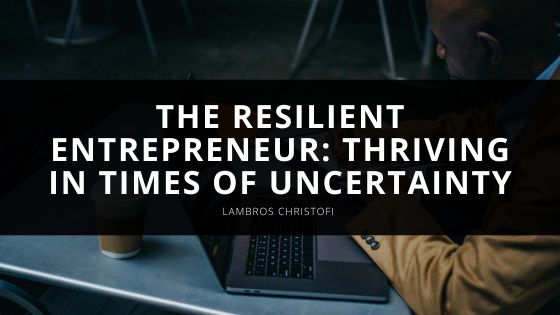Every entrepreneur dreams of smooth sailing, but the reality of business is far from predictable. Economic downturns, global crises, and market disruptions can arrive without warning. Yet, in the face of uncertainty, some businesses don’t just survive—they thrive. Their secret? Resilience.
What Resilience Really Means in Business
Resilience isn’t about ignoring challenges or pretending everything is fine. It’s the ability to adapt, recover, and keep moving forward despite setbacks. For entrepreneurs, resilience means staying calm when markets shift, pivoting when strategies fail, and finding opportunity where others only see obstacles.
Adaptability Over Perfection
Many entrepreneurs fall into the trap of chasing perfection—perfect plans, perfect timing, perfect execution. But perfection often stalls progress. Resilient entrepreneurs understand that adaptability is far more valuable. They launch, test, learn, and iterate quickly, turning uncertainty into a competitive edge.
The Role of Emotional Intelligence
Resilience also has an emotional component. Leaders who manage stress, inspire their teams, and maintain perspective are better equipped to guide businesses through turbulence. Emotional intelligence builds trust and helps entrepreneurs make decisions with clarity, even when under pressure.
Practical Steps to Build Resilience
- Diversify revenue streams – Relying on one product or client makes businesses vulnerable.
- Embrace agility – Use data and feedback to pivot fast.
- Invest in people – Teams that feel supported are more committed during tough times.
- Focus on long-term vision – Short-term challenges become easier when anchored to bigger goals.
Final Thoughts
Uncertainty is inevitable, but failure isn’t. By embracing resilience as a mindset, entrepreneurs not only weather storms—they often emerge stronger. After all, resilience doesn’t just sustain businesses; it defines the leaders who shape industries.
